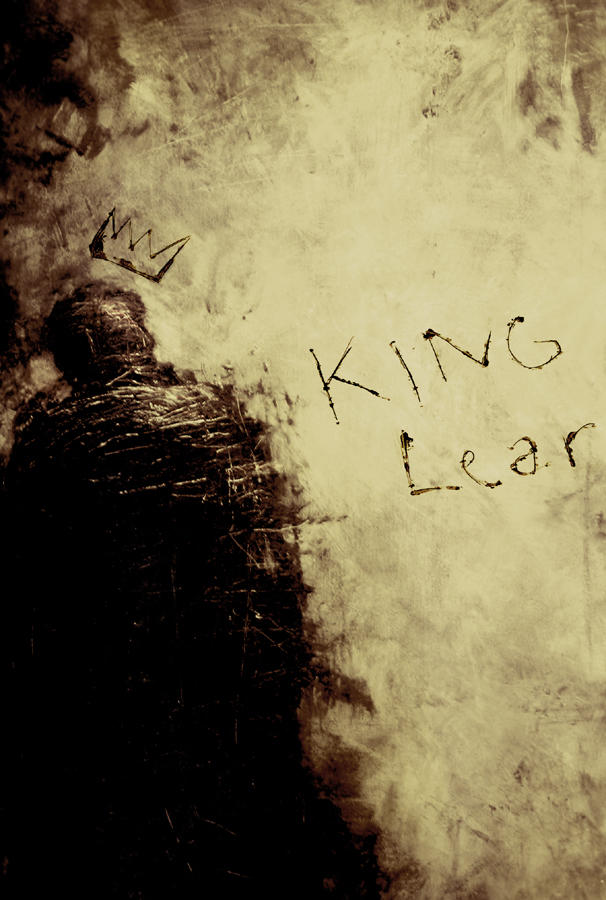 I just want to talk about something real fast. Now I know symbolism is really cool in plays or stories and sometimes it may go right over the head of those who are watching the play, so in order to have the symbol or clever twist noted sometimes it needs to be pointed out.
I just want to talk about something real fast. Now I know symbolism is really cool in plays or stories and sometimes it may go right over the head of those who are watching the play, so in order to have the symbol or clever twist noted sometimes it needs to be pointed out.I just want to tel Oedipus and Gloucester that they don't have to let us all know that they suddenly see the light of the situation by bringing attention to sight when their eyes are stabbed out. Stabbing out your eyes with a brooch or having them plucked out by a very angry man is gross. Instead can't you just do what Rapunzel does and sing a wonderful song in a boat about how "At last I see the light." That goes over so much better.
Well, I was shocked by the eye plucking out thing. It's clever I suppose, but disturbing.











